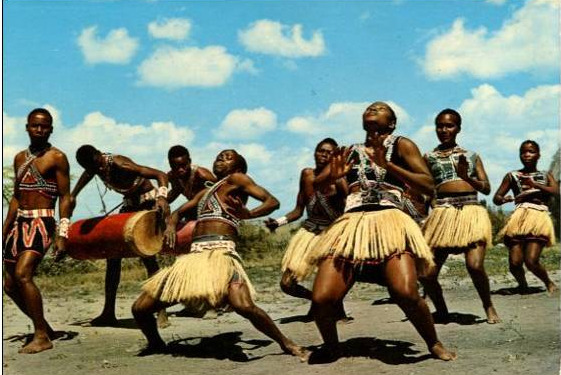Even though modernity has led to the erosion of some cultural practices and traditions among communities, the Kamba community still upholds theirs, especially when it comes to marriage and dowry payment.
Regardless of one’s social status, Faith, or Religion, if you plan to wed in a place of worship, there are important things that the groom and his kin must do to legitimize the marriage.
It is important to note that it is the responsibility of the groom and his kin to ensure that he avails all that is required during the ceremonies. Similarly, the events are carried out at the bride’s homestead, either at her parent’s home or at her relatives’ home in case her parents are deceased.
Ntheo
This is one of the most important cultural practices in the Kamba Community. It signifies that the bride officially belongs to the man she is engaged to.
It entails at least three goats, of which one must be an uncastrated he-goat. Crates of soda and Kaluvu, Kamba traditional beer are also provided.
According to the Kamba customary laws, this is the least number of goats that must be given to the bride’s family. However, it also allowed to provide more goats, which must add up to an odd number. For instance, five, seven, and nine goats but not four, or six.
Only a handful of people attend ntheo. Mostly, they are close relatives from both families.
The goat is then slaughtered by the groom or his close relative preferably his brother. The bloodshed when slaughtering is a symbol of a covenant to join the two families together.
A marriage is termed ‘come we stay’ until ntheo is carried out. During this time, if the bride passes on, she cannot be buried by her husband, no matter the time they have been together. If the man finds it important to bury her, then he must carry out ntheo before the burial.

Ngasya
Ngasya or otherwise kuasya is the dowry negotiation and payment. In simple terms, it is the process of ‘buying the wife’. It is carried out after ntheo.
The bride’s kin presents a list of items that they require as dowry. However, there is room for negotiation where both parties agree on what they will provide.
Two drums of honey, popularly known as Ithembe, two blankets, and two bedsheets are some of the dowry items. They may be given to the bride’s family physically or in terms of money value.
A total sum of 48 goats, must also be paid. However, it is allowed to deduct the number of goats that the groom presented during ntheo. If for example, he gave out three for ntheo, then he gives 45 goats for ngasya.
Other items include two bulls, one of which is slaughtered for a celebration during which relatives, friends, and neighbors are invited. The payment can however be staggered and needs not to be done at once.
However, Thomas Mutua, Vice Chairperson of the Council of Aumoni Clan Committee exclusively spoke to Mauvoo News and explained what should happen in case of divorce.
He notes that if by any chance the man intends to divorce his wife, together with his kin takes two goats, a he and a she goat to the wife’s family. The goats are commonly referred to as mbui sya ulee which in the local Kamba dialect means goats for divorce. After that, the man is entitled to claim the items he paid for the dowry and any other cost that he incurred.

